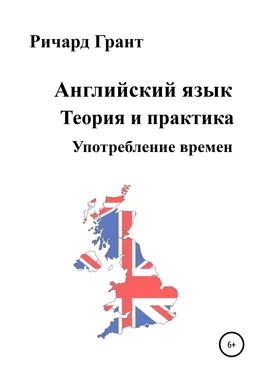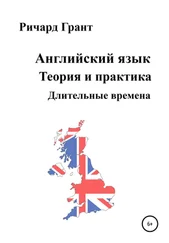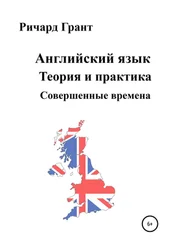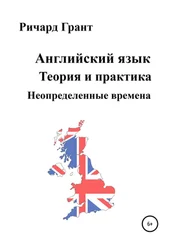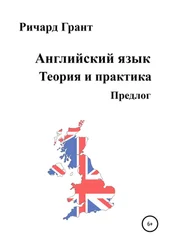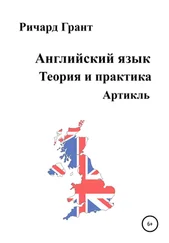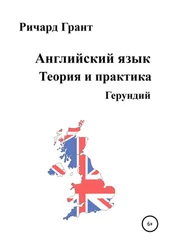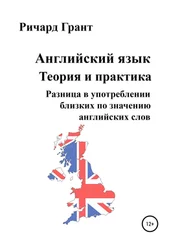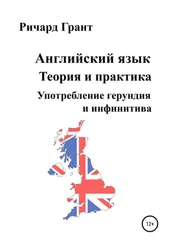Упражнение 35
Раскройте скобки , употребляя глаголы в Present Perfect или Past Simple.
1. Alex ( to meet) his friend two hours ago. 2. When you ( to see) him last? 3. I ( to do) my homework yesterday. 4. How many times you ( to be) to Toronto? 5. You ( to make) any spelling mistakes in your dictation? 6. I just ( to meet) our teacher. 7. I ( not to see) him for ages. 8. He just ( to come) home. 9. At last I ( to translate) this article: now I will have a little rest. 10. What books you ( to read) when you ( to live) in the country? 11. The children already ( to decide) what to do with the books. 12. His health ( to improve) greatly since I ( to see) him last. 13. He ( to come) home a minute ago.
Упражнение 36
Раскройте скобки , употребляя глаголы в Present Perfect или Past Simple.
1. We ( to go) to the country yesterday, but the rain ( to spoil) all the pleasure. 2. They ( not yet to come) from the south. 3. Yesterday they ( to decide) to help their grandmother. 4. You ( to pass) your driving test yet? – Yes, I ( to pass) it in May, but I ( not to buy) a car yet. 5. Nick ( to play) football yesterday. 6. My watch was going in the morning, but now it ( to stop). 7. He ( to be) ill last week, but now he ( to recover). 8. I ( not to see) you for a long time. I ( to see) you in town two or three days ago, but you ( not to see) me. I ( to be) on a bus. 9. He already ( to move). He ( to find) a nice flat last Christmas and he ( to be) there a year already. 10. She already ( to come) from school. Now she is doing her homework. 11. The lecture ( not yet to begin) and the students are talking in the classroom. 12. If everybody ( to read) this new novel, let’s discuss it. 13. I ( to read) this book last year.
Упражнение 37
Раскройте скобки, употребляя глаголы в Present Perfect или Past Simple.
1. You ( to book) tickets? – Yes, I …. I ( to book) them several days ago. 2. I ( to read) this book this year. 3. I can hardly recognize you. I ( not to see) you since you ( to leave) for Toronto. And you ( to change) so much. 4. I never ( to be) to Washington. 5. You ( to read) all the books on this shelf? 6. You ever ( to be) to New York? 7. I ( not to see) my cousin since last year. 8. I don’t think you ever ( to see) Niagara Falls. 9. Why you ( to put) these things in the wrong place? 10. I ( to invite) Linda to the party. – When you ( to see) her? – I ( not to see) her for ages. I ( to call) her an hour ago. 11. Why you ( to leave) the door open? You will catch cold sitting in the draught. 12. “We ( not to meet) for such a long time!” said my friend. “Yes, indeed,” I answered, “and we both ( to grow).”
Разница между The Past Simple и The Past Perfect
Past Simple используется, когда действия происходят в хронологическом порядке, а Past Perfect – когда нужно показать, какое действие произошло первым, раньше остальных действий.
He started the car, turned the radio on and fastened the seat belt. – Он завел машину , включил радио и пристегнул ремень безопасности .
Действия описываются в хронологическом порядке: сначала он завел машину, потом включил радио и пристегнул ремень безопасности.
He started the car, turned the radio on, but before he had fastened the seat belt. – Он завел машину , включил радио , но перед этим пристегнул ремень безопасности .
Действия описываются не в хронологическом порядке: сначала он пристегнул ремень безопасности, а затем завел машину и включил радио.
Часто в подобных предложениях используется слово when (когда) .
When I got home, my son took my car. – Когда я пришел домой, мой сын взял у меня машину.
When I got home, I found that my son had taken my car. – Когда я пришел домой, я обнаружил, что мой сын взял мою машину.
Если из контекста нам понятно, что одно действие произошло раньше другого, можно использовать как Past Perfect, так и Past Simple. Часто понять контекст и очередность событий помогают следующие слова-маркеры: before (перед тем как, до того как), after (после того как), first (сперва, сначала), as soon as (сразу после того как, как только) , earlier (раньше) и т. д.
I didn’t worry about speaking in front of so many people. I gave public speeches earlier. – Я не переживал насчет выступления перед большим количеством людей. Я и ранее выступал на публике.
I didn’t worry about speaking in front of so many people. I had given public speeches earlier. – Я не переживал насчет выступления перед большим количеством людей. Я и ранее выступал на публике.
Упражнение 38
Раскройте скобки, употребляя глаголы в Past Simple или Past Perfect.
1. When the police … ( to arrive), we already … ( to catch) the thief. 2. Tom ( to return) from the cinema at five o’clock. 3. By two o’clock the teacher ( to examine) all the students. 4. Jack … ( to finish) the test before the bell … ( to ring). 5. Tom ( to return) from the cinema by five o’clock. 6. On my way to school I ( to remember) that I ( to leave) my report at home. 7. When Anna … ( to come) to say good-night, her children already … ( to fall) asleep. 8. I ( to finish) my homework at seven o’clock. 9. My friends ( to be) glad to hear that I ( to pass) all the exams successfully. 10. Scott already … ( to prepare) the dinner when her husband … ( to get) home from work. 11. I ( to finish) my homework by seven o’clock. 12. Poor Oliver ( to lie) unconscious on the spot where Sikes ( to leave) him. 13. When Brad and Susan … ( to get) married, they … ( to know) each other for 3 years. 14. He ( to think) that he ( to lose) the money. 15. Mary ( to tell) us that she ( to cook) a good dinner.
Читать дальше
